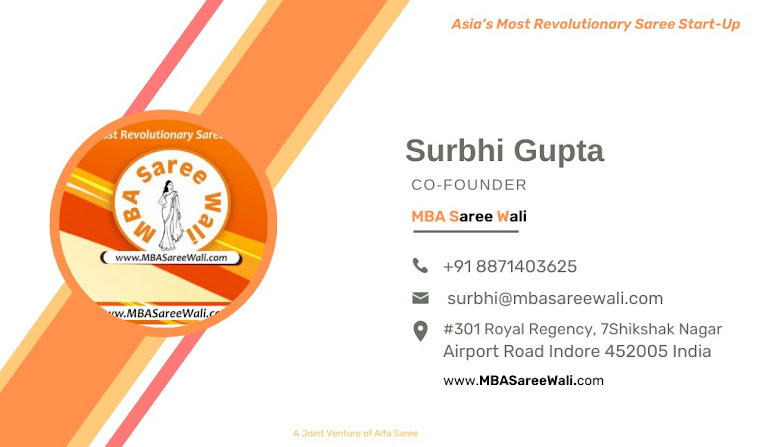Android App Optimization Google Play :--
How to Do Google Play Store Optimization For Your Android App
Much to the surprise of marketing enthusiasts this 2016, App Store Optimization is still the marketing channel with the most misinformation being spread online, with some aSO practitioners, developers, and even managers remaining doubtful about its use altogether. In as early as March 2016, we now have evaluated new App Store Optimization trends that will shape the online marketing this year, but it is also time to demystify common myths about this App Store Optimization phenomenon, once and for all.
If you’re a developer, who wanted your app to reach out to the masses, you should know by now, how difficult this can be. Ranking in the Google PlayStore each can feel like an unattainable goal, especially when you’ve just launched your first app.
In Google Play, some basic appstore optimization can go a long way. Just as you would expect to invest time and money in marketing or promoting your app into various channels, you also need to focus on app store optimization.
This post will provide you with a detailed list of the basics of App Store Optimization, including why it’s essential to rank in Google Play Store search, how to find relevant keywords, and how the elements of your app listing are the most important for ranking.
Just a heads up, no one knows the exact algorithm that Google uses for their apps, just like with iTunes, but here is what has been shown to work.
1. Keyword Research :--
As far as App Store Optimization is concerned, your keywords count the most. This is not a secret, but if you have never gone through the whole aso process before, it can be a daunting task.
When looking for keywords for your app to target, remember the “R.D.T.” rule: Relevance, Difficulty, and of course?—?Traffic. The most important thing here is to choose the best keywords that are highly relevant, so your users are more likely to download it when they find your app or game using these keywords. Next step is to look for lower difficulty scores so that you will have a better chance of being ranked. Finally, if you have met these two criteria, choose the one’s with the higher Traffic Scores.
Luckily, you can find a wide range of app store optimization keyword tools that can help you find the best keywords for your app. Here is a list of the top platforms on the market today:
1. Best Career Guidance
2. CoFounders
3. Welcome To www.Golgapppa.com
4. She
These keyword tools can show you some of your competitor’s keywords, and find new ones and more. Do your research on which tools fit your needs and most importantly?—?your budget.
Give a few a tries and see which ones work best for you. As for me, I use the free tools such as the Google Keyword Planner and Mobile Action. They can give you all the necessary details like the relevance, difficulty, and traffic score.
2. Put Keywords In Your App’s Title :-
Just like with iTunes search, putting keywords into the title of your app can help boost its App Store Optimization ranking.
However, since Google Play titles are limited to only 30 characters, you will probably be able to only put two to three keywords into your title, so it’s a must that you choose wisely. Also, you can follow this winning aso title format.
Main title?—?Subtitle (GuideByLocal)
In the main title, you can use your chosen keywords here but don’t overdo it. If it’s not appropriate to use 2 keywords in your main title, then don’t. Just use the other keyword in the subtitle. In the subtitle, make sure that it describes or it’s something supplemental to the title of your app. Use strong keywords here but don’t spam it with keywords.
Also, don’t use famous game titles here or trademarks to avoid violations. What works best for me is, putting some symbols in the title to make it more visible.You can use any of the following here:
Titles in CAPS LOCK also works, as it makes it more visible: for example App Store Optimization PROFESSIONAL BLOG, looks more evident, isn’t it?
3. Add Keywords To Your App’s Description :-
This is one of the biggest differences between Google PlayStore and iTunes search. Instead of providing a keyword field like the App Store does, Google takes the keywords from your app’s description.
You app’s description can have a maximum of 4,000 characters, so be sure to maximize and use as many of them as possible. It has been said that we can include a target keyword about 4–5X in the description for best results. Stuffing keywords hasn’t shown to help at all. So do not try to trick or outsmart the Google algorithm, by keyword spamming or any nonsensical description just for the hopes of ranking better.Also, make sure that your description is appealing or the very least?—?it makes sense and not just a bunch of keywords crammed all up altogether.
Thanks & Regards,
Saurabh Jain
Android Developer
AeroSoft Corp
Facebook: https://www.
Twitter: https://twitter.com/
Instagram: https://www.
Pinterest: https://in.
Google+: https://plus.google.
Twitter: https://twitter.com/
Instagram: https://www.
Pinterest: https://in.
Google+: https://plus.google.
Mob No - 9907031431
#Google_Play_Keyword_Tool
#Google_Play_Store_Ranking_
#Google_Play_Developer_
#Google_Play_Aso_Tool
#Google_Play_Keyword_Ranking
#Google_Play_Most_Searched_
#Google_Auto_Suggest_Via_The_





No comments:
Post a Comment